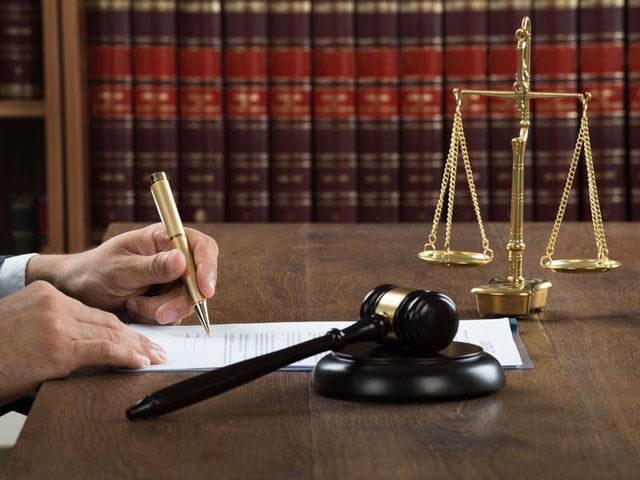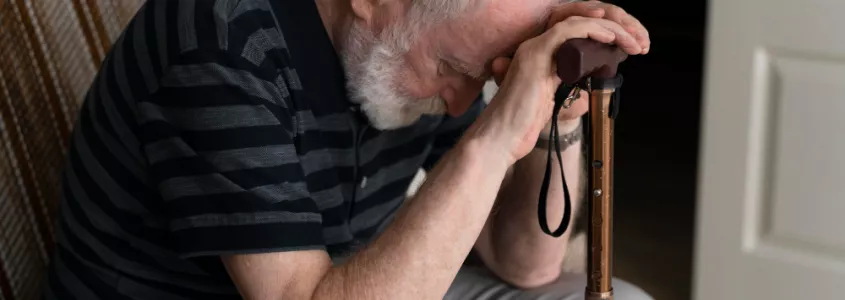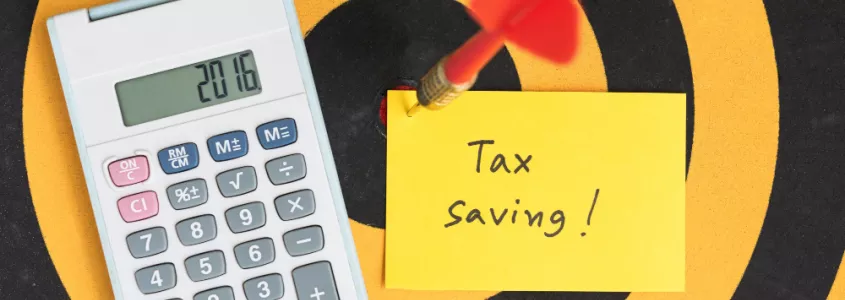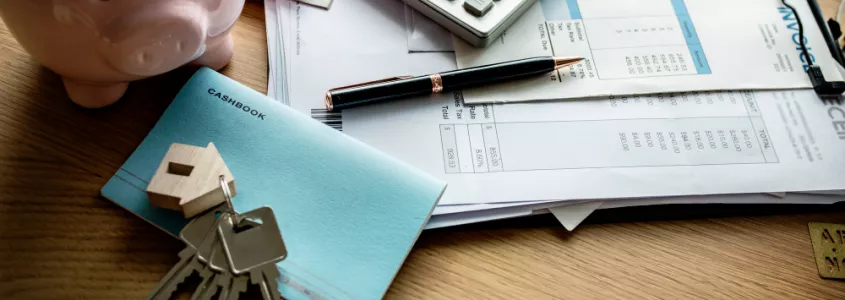Lawyers specialising in incapacity
Concept
Legal capacity is the capacity to be the holder of legal rights and duties and corresponds to every human being by virtue of the fact of being a person. It is an equal capacity for every human being.
The capacity to act, which is the capacity to exercise rights and duties and which is not the same for everyone, is different from the capacity to act. Incapacity is the lowest degree of capacity to act, i.e. lacking the necessary aptitude to exercise one's rights and fulfil one's duties. The person acts in the legal world through another person, through his or her legal representative.
This is the degree that corresponds to the person who has been legally incapacitated and it would also be the degree that corresponds to any minor until he/she reaches the age of majority.
Article 199 of the Civil Code defines precisely what judicial incapacitation is and on which persons it can be granted. Specifically, it is a legal situation whereby a natural person, for reasons of age, physical or mental health, ceases to rule over his or her property and his or her own person. The person in charge is another person, usually a family member.
Causes for legal incapacitation
The current regulation limits itself to defining the causes of incapacitation: persistent illnesses or deficiencies of a physical or mental nature that prevent the person from governing him/herself (illness or deficiency, of a mental or physical nature), persistence, impossibility of self-government.
In what cases is judicial incapacitation granted?
Judicial incapacitation is an element of protection that seeks to protect the assets and personal rights of vulnerable persons. This is why it can be requested by both their relatives and the Public Prosecutor's Office. However, only a judge, by means of a court ruling and based on the causes specified by law, can grant it. These causes are the following:
- Physical or psychological illnesses that prevent the subject from making his or her own decisions freely and judiciously.
- Unemancipated minors, in a situation of abandonment or with parental authority terminated.
It should be noted that judicial incapacitation is always a reversible process. That is to say, if the incapacitated person overcomes the problem that gave rise to his or her current situation, he or she may request the judge to modify or reverse it completely by means of another judicial process. This is particularly common in the case of minors mentioned above.

Who can apply for judicial incapacitation?
Any person who knows of the existence of a judicial incapacitation case can inform the Public Prosecutor's Office. The latter will automatically initiate the procedure and provide the person concerned with a legal guardian.
On the other hand, with the exception of the Public Prosecutor's Office, only direct relatives can initiate the incapacitation process.
In particular, we are talking about the spouse, ascendants (parents and grandparents) and descendants (children and grandchildren), as well as siblings or any person who, in the case of a minor, exercises guardianship or parental authority.
What is the process of judicial incapacitation like?
It is regulated in Article 199 of the Civil Code and in Article 756 of the Civil Procedure Act. In this sense, the process must be initiated by means of a judicial incapacitation lawsuit in the court of first instance that corresponds to the affected person according to their place of residence.
The judge of first instance will summon the authorised persons he/she deems appropriate to make a statement. He shall also do the same with the person who may be incapacitated, who shall be free to exercise his own defence. If he or she is incapable or wishes to do so, this defence shall be exercised by the Public Prosecutor's Office. With the exception that this body has initiated the proceedings, in which case it will assign a legal defender.
Once the judge has heard all the arguments, he or she will pass sentence. In this regard, you have several options:
To indicate that judicial incapacitation does not proceed because he considers that the subject is still capable of governing himself.
To grant incapacitation. In this regard, the duration and limits of the incapacity must be determined. He will also assign a guardianship or curatorship to protect the incapacitated person's assets and rights. He or she may also order the incapacitated person to be placed in a psychiatric, geriatric or any other type of centre, although this only happens in exceptional cases.
Is it possible to reverse judicial incapacitation?
As we said above, the answer is yes. Judicial incapacitation can be reversed by a judge as long as the circumstances that led to its execution have changed. The magistrate will be free, depending on the situation, to modify the sentence by changing its limits or to remove it completely.
The subjects with the power to initiate the process of reversal of the judicial incapacitation are the same as those who have the right to initiate it. Specifically, we are talking about the ascendants, descendants, spouse, guardian or holder of parental authority, as well as the Public Prosecutor's Office. The incapacitated person can only initiate it if he or she has judicial authorisation.
The procedure is the same as described above. Any of the persons entitled to request the reversal of the incapacitation must file an application with the court of first instance corresponding to the domicile of the incapacitated person. The judge, after hearing all parties, will make a decision that will be enforced by a court ruling.
Alternatives to judicial incapacitation
It is clear that judicial incapacitation is a mechanism for the defence of the rights and assets of vulnerable persons. However, although it is indispensable in certain situations, in others it is possible to leave it simply as a last resort.
The most obvious example is that of people with Alzheimer's or senile dementia. Once they have been diagnosed with the disease and are still in a state where their mental health is not too badly affected, they can use other preventive powers. This is the case, for example, with wills and self-guardianship.
Self-guardianship is particularly interesting since, while still in full use of his or her faculties, it gives the affected person the possibility of designating who he or she wants to be his or her guardian when the time comes.
In short, legal incapacitation is not always a quick and simple process. For this reason, it is important to have a team of expert family lawyers to deal with it. Only with their advice and good work is it possible to overcome it with all the guarantees and achieve the maximum protection of the rights of the affected party.
Judicial Incapacitation Proceedings
The procedure to be followed in these cases is that of judicial incapacitation. This is carried out by filing the appropriate lawsuit before the competent courts.
At G. Elías y Muñoz Abogados, we have family lawyers in Madrid specialists dedicated exclusively to the practice of Family Law who will provide you with comprehensive advice on everything related to this matter, informing you of all the rights and obligations that correspond to you and advising you on the most appropriate way to proceed in each case.
You can make an appointment at any of our offices in Madrid, Majadahonda or Pozuelo de Alarcón or if you prefer, you can speak to one of our lawyers specialising in Family Law by calling 91.571.17.87 from 9am to 2pm and from 4pm to 8pm, who will advise you on the steps to follow in your specific case.
Our lawyers specialised in Family Law, with extensive experience in Judicial Incapacitation, will be able to offer you our professional services in all matters related to Judicial Incapacitation.
If you wish, in addition to being attended in our Law Firm in Madrid, we offer you the possibility of our Lawyers attending you in our offices in Pozuelo de Alarcón and Majadahonda.
Family law news

At G. Elías y Muñoz Lawyers, we are experts in inheritance law, and in this article we want to discuss a case of inheritance fraud, as well as another type of...

At G. Elías&Muñoz Abogados, as lawyers specialising in inheritance law, we are seeing a gradual increase in disputes relating to inheritance: siblings who stop...

If you inherit in 2026, it is important to be aware of the changes to inheritance tax that come into effect this year, as they could be significant. The...

Disinheritance is possible under Spanish law, but there are also many cases that end up in court. This is what happened in a case analysed by the Provincial...

The break-up of a couple, whether through separation or divorce, is a particularly delicate and complex time. On the one hand, from an emotional point of view...

Can a person be disinherited for psychological abuse? That is the question answered by the Provincial Court of Albacete in a ruling in July 2025. In this...

Paying taxes is one of the most significant burdens when receiving an inheritance, but what happens if a person renounces the inheritance and it falls to a...

A divorce or separation is a turning point for anyone. After all, it is not just a matter of ending cohabitation with your partner and each going your separate...

Inheriting a property from your parents is quite common, but if you are an heir, one of the most important things you need to know is that you inherit both the...

It is quite common for parents to make donations to their children during their lifetime when they need them, for example because they are experiencing...

The right to collect fees from the partitioner according to a recent ruling If a partitioner is involved in the inheritance, the heirs must pay their fees. What...

On 1 July, a change to inheritance tax in Madrid came into force that will result in savings. We explain all the details in this article so that you know what...